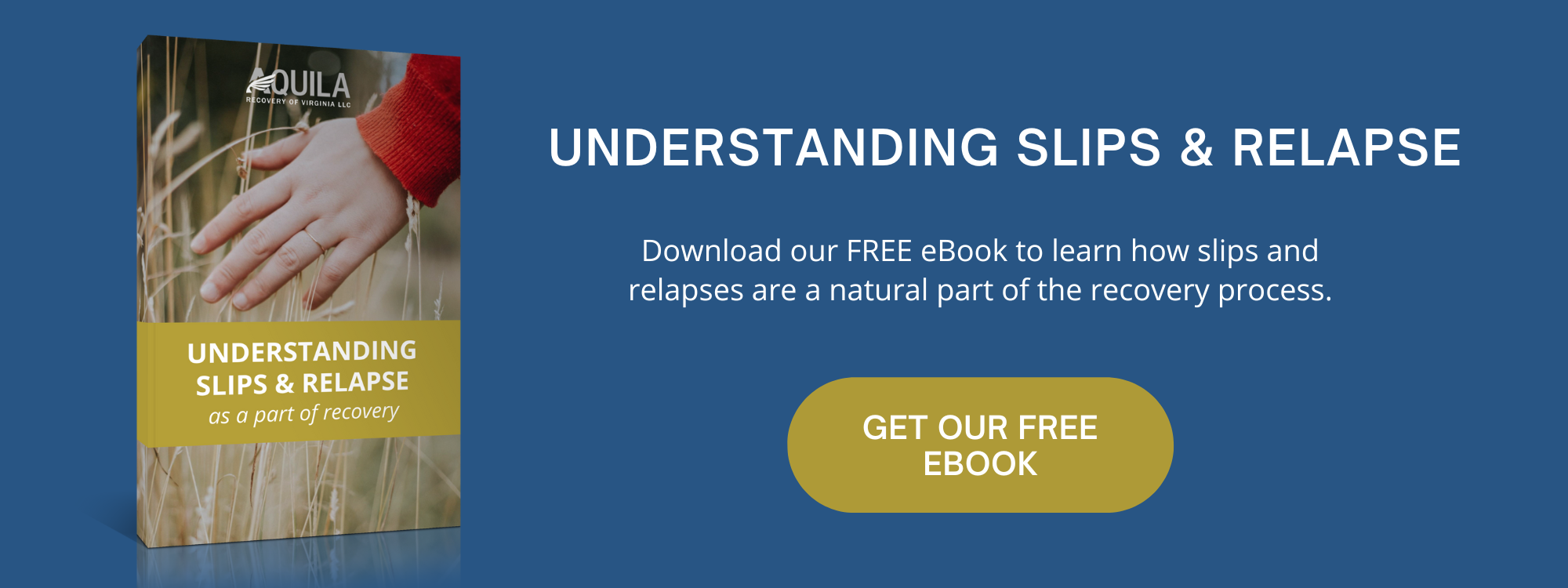Slips and relapses happen. While on your road to recovery there will be many bumps along the road but it’s important to remember that they are not a failure or a sign that recovery is not working
Encountering Bumps In Your Recovery Journey
When you encounter a bump, a slip or a relapse, you must remember that your journey doesn’t end there. For many people, it helps to shift your goals and instead of working hard to never again to relapse or slip, work hard and focus on establishing new lifelong habits that will make you more resilient. Being able to better recognize triggers around you before they become an issue and to deal with stress that can contribute relapse is very important. Residential programs and sober living homes can help you develop these skills, setting you up for a life without substance use.
Importance Of Environment
Residential programs can provide a restful environment for you while allowing you to work on recovery in a setting where there are others who understand exactly what you’re going through. Recovery homes tend to be peaceful, safe and welcoming environments where each individual is able to continue working on their recovery while surrounded by others who are equally committed to living a life of recovery.
In providing a structured environment where all residents are held accountable residential programs are about facilitating the transition into long-term recovery living and ensuring you never feel alone. 
Duration Of Stay
Residential programs are particularly helpful for people who continue to struggle with substance use disorders because they focus on long-term recovery. There are no shortcuts in recovery, in fact the longer the program of treatment the longer lasting effects. Programs that last over 90 days have much lower relapse rates.
We’ve found, after many years of experience, that people benefit from residential programs in lasting at least 3-4 months in the first stage but residential programs can last as long as seven or eight months depending on your needs to transition you back into independent living. We’re here to set you on a lifelong journey to recovery and we’ll do everything we can to ensure you’re steady on that path even after a residential program.
Breaking The Cycle
Recognizing that recovery is a lifelong journey, residents are encouraged to plan out their lives beyond their stay and as they transition to independent living situations or Independent Recovery Living they are given constant support and touch points.
Relapses and slips can happen, and if they already have the best course of action is to seek help rather than blaming yourself, but longer residential programs can help with this breaking the cyclical nature of substance use disorders.
Remember Your Purpose
The decision to join a residential program is normally made at an early phase of treatment but you don’t have to make the decision alone. Aquila Recovery has years of experience helping our clients make a successful transition from sober living back into their routine lives, and we can help you evaluate your best options.
Talk To The Recovery Professionals
Residential programs have great benefits when on your recovery journey. They will help to surround you with others also on their journey, and this can help in prevention of any slips. If you’d like to learn more about residential programs or get started on your recovery journey, reach out to the compassionate team at the Aquila Recovery Clinic. You can reach us by phone at (202) 618-9125 or by scheduling a consultation online.

